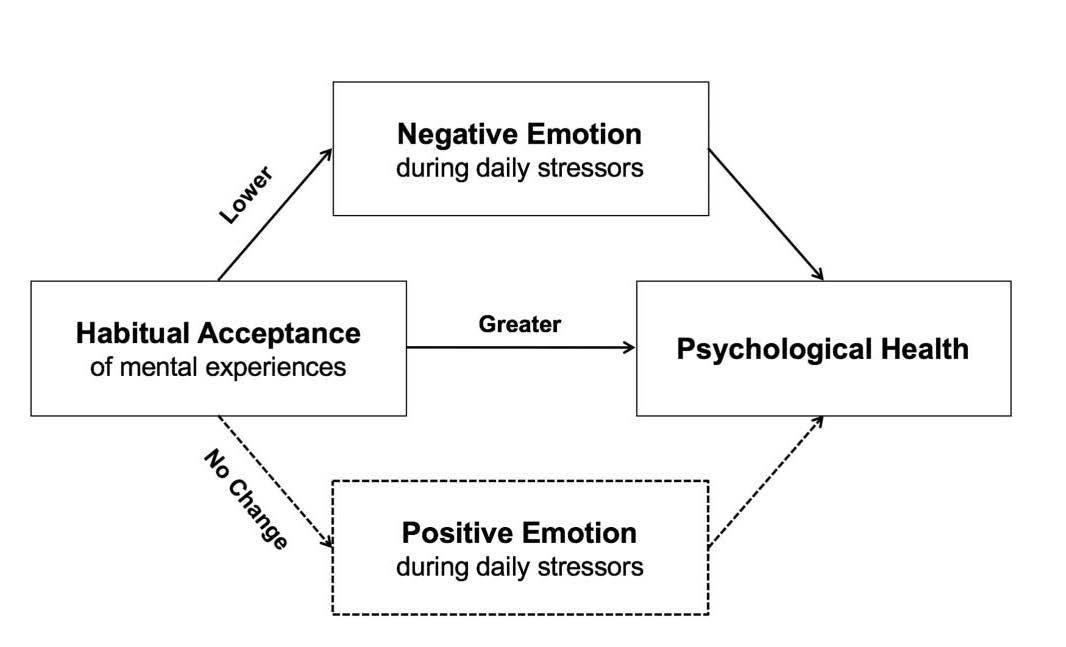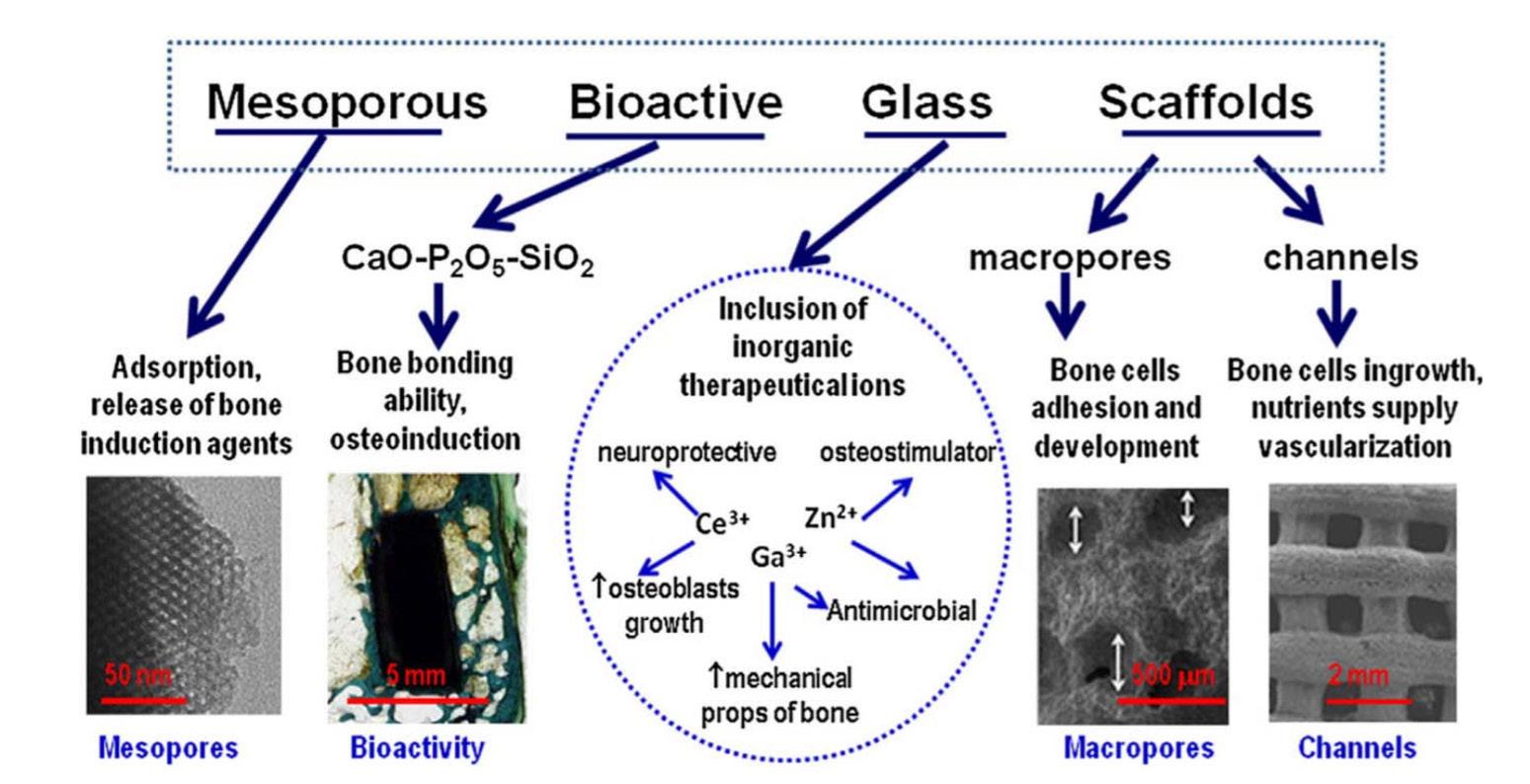Ethics in Research a presentation by Sarah Auletta, Public Health Major, 2024
K
nown in the science community as HeLa, and unknown to everyone else, Henrietta’s Lacks’ cells are widely used as sample cells for scientific research around the world. Her story is even lesser-known than the use of her cells and deserves a place in every classroom. Henrietta Lacks was an African American woman who was diagnosed with cancer, but was brushed off by medical professionals due to racial discrimination. Her health rapidly declined and she died soon after. It was at this point that her cells were harvested and the discovery was made that her cells replicated on their own.This served a need in the science community for countless experiments, so her cells were distributed with the name HeLa and shipped worldwide. Her family was unaware, and when they finally found out, it sparked a conversation about consent and the rights to family members postmortem.The following slides are from a presentation given on the book The Immortal Life of Henrietta Lacks that also includes similar stories. We have shed light on this issue but the lessons still need to be spread. I urge you to consider this story as you conduct your own research, and next time you see or use HeLa cells, remember who they came from.
Presentation: Ethics in Research
10







